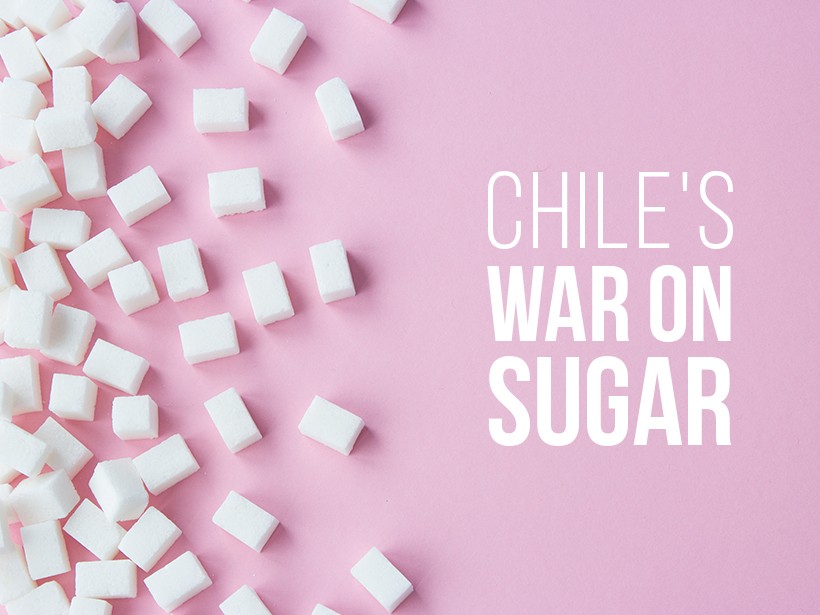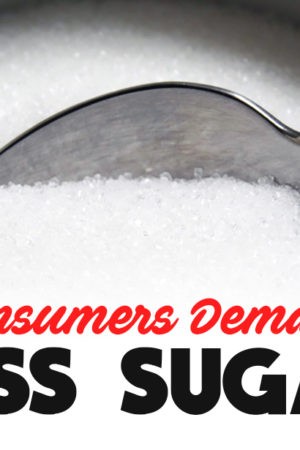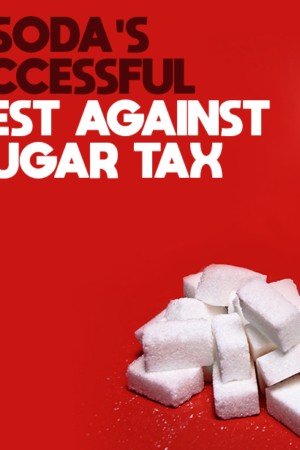Chile has finally cracked down on sugary foods. The government has passed new regulations that place warning labels on everyday groceries, ban the Trix rabbit and other iconic characters from sugary cereal boxes, and stifle advertising in general for the junk food industry. Faced with one of the worst rates of obesity in the world, Chile has turned its attention to sugar consumption and the food industry in an effort to force the public to reconsider its diet. Considering the similar and growing rates of obesity across the globe, including in the United States, it seems time for people everywhere to evaluate the high-sugar diets that have been promoted by these companies.
Skyrocketing Obesity the World Over
With dramatic increases over the course of the last few decades, countries around the world face epidemics of obesity. According to the World Health Organization, more than 1 in 3 adults worldwide are overweight. In addition, more than half a billion adults are classified obese, a rate which has doubled since 1980.1
Manipulations by the food industry, responding to complacent governments and publics, are to blame for the crisis. Companies like Coca-Cola have long recognized, and exploited, the human craving for sugar. Says Pulitzer-Prize winning journalist Michael Moss, “Within Coke they referred to their best customers not as you might think — ‘consumers’ or ‘loyal fans’ or something like that. They became known as ‘heavy users.’”2 The brain’s addiction to sugar is just that – an addiction. When it loses its fix, for example at the start of a low carb diet, it goes through withdrawal. Of all the sugar-infused products, Coke is perhaps the most obvious offender, but hardly the only one. The problem is fundamental, and pertains to our conceptions of a healthy diet.
Chile Shedding Light on the Dangers of Sugar
The new legislation in Chile was delayed for a decade by corporate lobbyists eager to protect profits. Perhaps the staunchest, and certainly the most outspoken, opponent of these businesses has been Senator Guido Girardi. “Sugar kills more people than terrorism and car accidents combined,” he said in an interview. “It’s the poison of our time.” 3
Countries around the world faced with similar obesity rates have started similar efforts. India recently passed similar, if less restrictive, legislation.4 While India, Chile, Mexico, and Ecuador are particularly bad cases, no country is exempt from this kind of manipulation.5 Regulations like Chile’s should be the standard, in order to preempt the dangerous consequences of dietary neglect.
NUTRITIONAL DISCLAIMER
The content on this website should not be taken as medical advice and you should ALWAYS consult with your doctor before starting any diet or exercise program. We provide nutritional data for our recipes as a courtesy to our readers. We use Total Keto Diet app software to calculate the nutrition and we remove fiber and sugar alcohols, like erythritol, from the total carbohydrate count to get to the net carb count, as they do not affect your blood glucose levels. You should independently calculate nutritional information on your own and not rely on our data. The website or content herein is not intended to cure, prevent, diagnose or treat any disease. This website shall not be liable for adverse reactions or any other outcome resulting from the use of recipes or recommendations on the Website or actions you take as a result. Any action you take is strictly at your own risk.
- For Keto, the Everyday Research Says it All - March 6, 2019
- Huge Harvard Study Backs Up the Wide-Ranging Benefits of a Low-Carb Diet - February 25, 2019
- Experts Convene for Keto Conference - July 30, 2018




